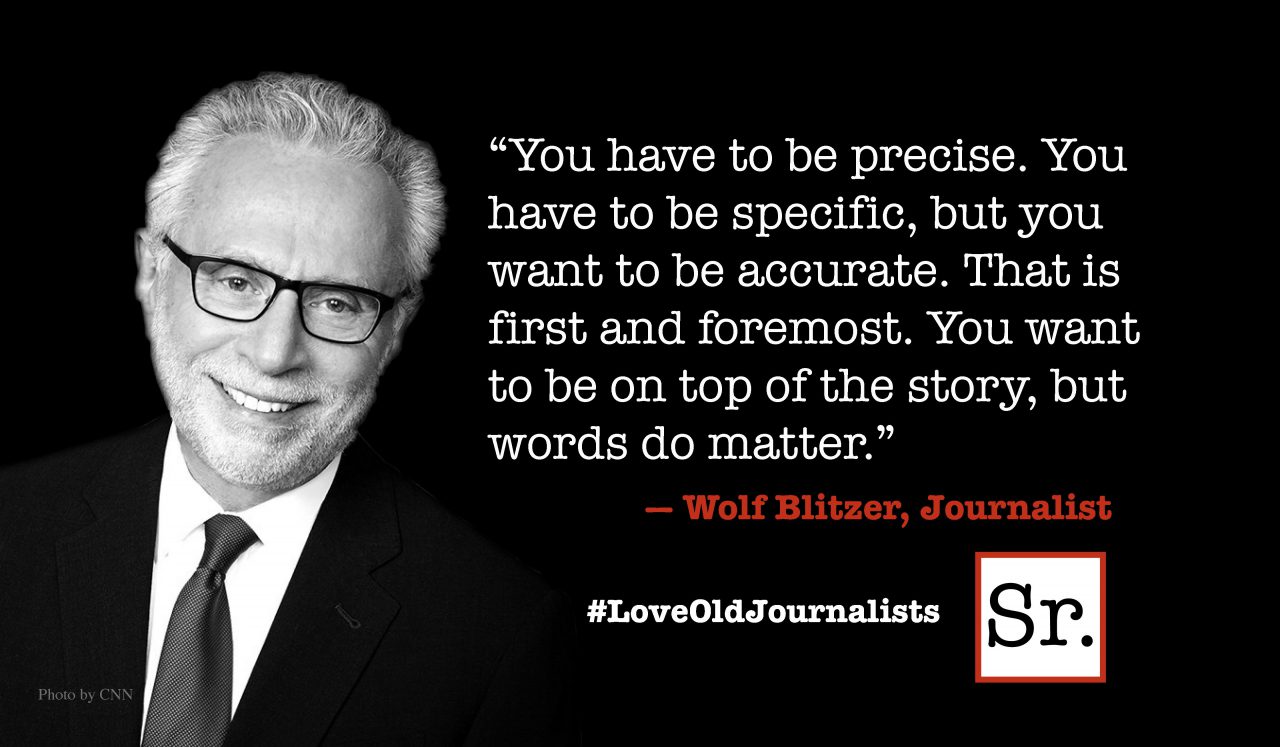A great deal lies behind the short, simple name Ping Fu. In her newly published book, "Bend, Not Break," the petite Ping Fu tells the readers about her life, starting in the Cultural Revolution of China, and continuing in the United States. But she also passes on to readers the wisdom she gleaned from those years.
As a young, happy, well-loved child in a wealthy Shanghai family, she was told by her father to be like bamboo. "Bamboo is flexible, bending with the wind but never breaking, capable of adapting to any circumstance. It suggests resilience, meaning that we have the ability to bounce back even from the most difficult times…Your ability to thrive depends, in the end, on your attitude to your life circumstances."
Ping's world fell apart at the age of 8 when she was torn from the arms of the parents who loved her, told she was really the daughter of different parents, put alone on a train for Nanjing, and sent to live in one bare room where she would spend the next many years being taunted by the Red Guards. If that were not overwhelming enough, she learned she had a 4 year old sister that she now was solely responsible for raising in that ugly place.
The hardships of living through the Cultural Revolution have been documented by many others. Ping's story gives a very personal, almost daily account of what life was like for her and her toddler sister. Her book has been criticized for authenticity about a gang rape she described at the age of 9. However the actual facts may vary, the essence of the degradation and humiliation she was forced to suffer remains.
With the help of a few helpful, caring people in her Cultural Revolution years, she survived, raised her sister, and became a valuable worker in the factory. Her quick mind and nimble fingers in the factory brought her knowledge, skill, and enjoyment that she used later in life. As the effects of the Cultural Revolution were winding down, she was forced to leave China in 1984 for a college in New Mexico where she would study English. She left China with a total of $80, and only three English phrases — Hello, Thank you, and Help! "Help" turned out to be the first word she needed most.
The subtitle of the book is "A Life in Two Worlds." Throughout the book, which switches often from here to there, we learn of how she became the CEO of her own company, Geomagic, Inc. Being an innovative entrepreneur was definitely not an easy task, and not always successful. But the flexible bamboo image stayed with her as she went where very few women have ever trod. Whatever the product, relationships with others must be nurtured and treated with care. There were many more low points in her life and career.
No matter how complicated her story becomes, she writes in a simple, clear style, sharing her thoughts with her readers. She achieved success by many standards, but the nub of that little scared 8 year old is still within. Although often less dramatically for most people, many have lives composed of tunnels that have two openings that connect to the outside, pockets that have one opening, and voids where there is no connection to the outside world. Of them she says, "It is in tunnels that we start our journey; in pockets that our imagination blossoms toward the opening; and in voids that we must face our naked, agonizing vulnerability."








